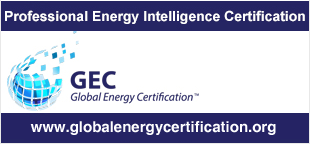A strategic and coordinated approach is important for exploiting Europe’s wind resources in a cost-effective way, and a range of planning instruments and forums at EU or regional level may play a role in this respect. From a renewable energy source perspective, the Commission Directives on energy from renewable contain obligations for Member States to prepare National Action Plans. This is an opportunity for Member States to set out a consistent framework for the contribution of different renewable energy sources and technologies. It would appear appropriate for Member States with offshore renewable energy resources to spell out the expected contribution to their 2020 target in this context.
From a marine environmental perspective, the implementation of the adopted Marine Strategy Framework Directive gave Member States the opportunity to consider offshore wind farms in their overall assessment of the pressure and impacts on the marine environment, and whether these are likely to affect the attainment of the ‘good environmental status’ objectives of that Directive. In this context, the regional sea conventions (OSPAR, HELCOM, MAP, BSC etc.) also contribute to better coordination.
From an electricity grid perspective, the regional cooperation within the European Network of Transmission System Operators (ENTSO) is an important tool for coordination, and European Transmission System Operators support the idea of dedicated regional offshore wind energy grid plans. The Agency for the Cooperation of Energy Regulators and the existing regional initiatives have also played an important role in coordinating regulatory matters, to ensure that improved markets mechanisms (including for balancing power and cross-border trade) and more coordinated, flexible and favourable conditions encouraging investment in transnational offshore grids have been put in place.
Moreover, the European coordinators appointed under the TEN-E guidelines (including the coordinator for offshore wind in Northern Europe) have specifically been tasked with promoting the European dimension of certain projects by facilitating cross-border dialogue and with helping to coordinate national procedures for consulting stakeholders.

















